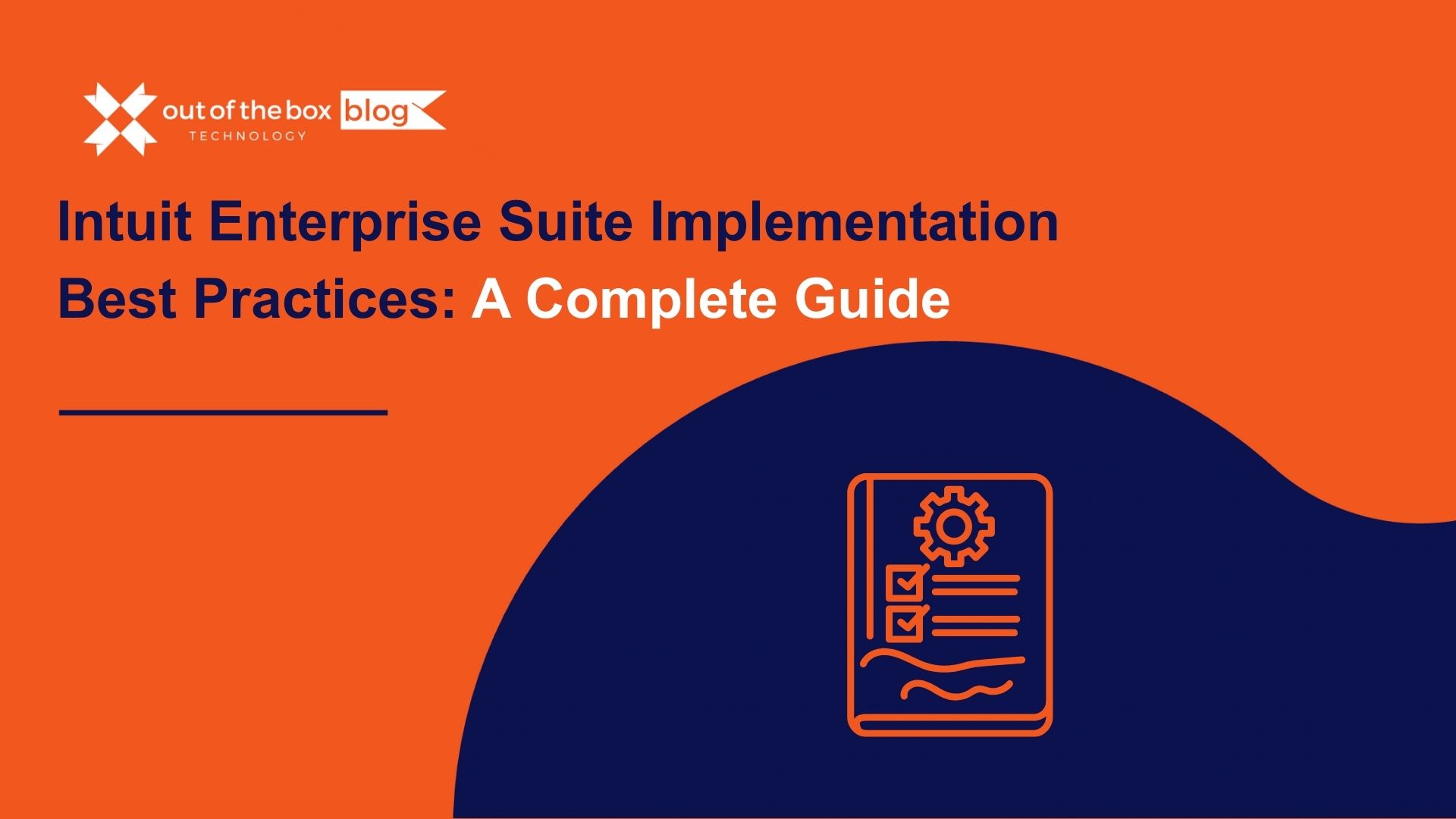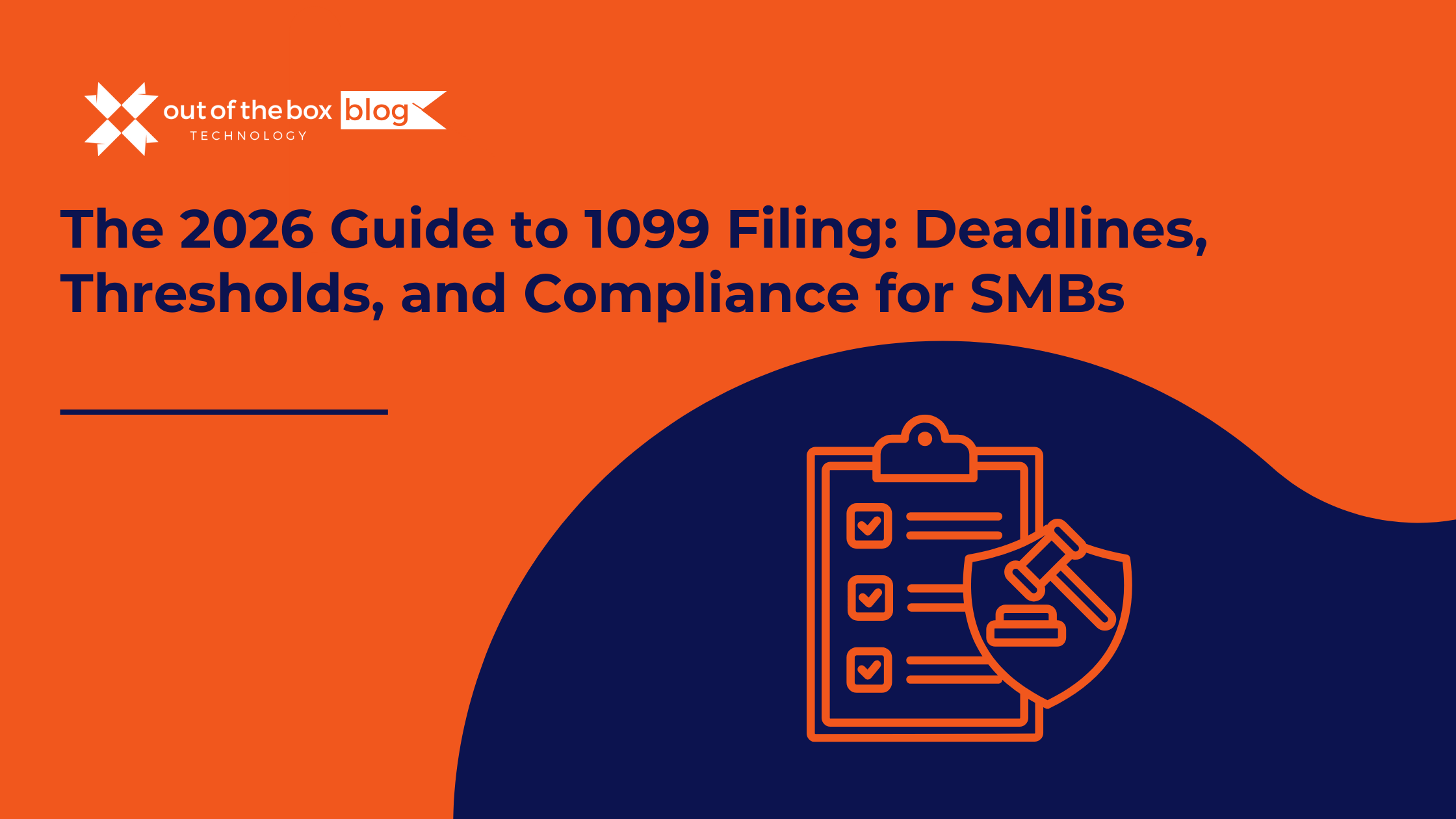Tax season can be a stressful time for small business owners, but with the right bookkeeping practices, it doesn’t have to be. Staying organized throughout the year helps you avoid last-minute chaos, maximize your deductions, and ensure compliance with tax regulations. In this article, we’ll explore bookkeeping best practices to help you stay organized for tax season, complete with examples and data points to guide you along the way.
1. Keep Accurate and Up-to-Date Records
The foundation of good bookkeeping is maintaining accurate and up-to-date records of all financial transactions. Consistent record-keeping ensures that your financial data is organized and easily accessible when tax season arrives.
Key Tasks:
- Track All Income and Expenses: Record every transaction, including sales, receipts, payments, and bills, as they happen. This will save you time when reconciling accounts and generating reports.
- Use Cloud-Based Software: Consider using cloud accounting software like QuickBooks or Xero, which automatically syncs transactions from your bank accounts and credit cards, reducing the risk of missing any important financial activity.
- Organize by Category: Categorize your expenses into categories such as rent, utilities, travel, and supplies to make it easier to identify deductions.
Example: A freelance graphic designer who uses QuickBooks Online syncs their bank accounts with the software and records all expenses, such as software subscriptions, client travel, and office supplies. When tax season arrives, all their financial data is categorized and ready for review.
Data Point: According to Intuit, businesses that use accounting software save an average of 20 hours per month on bookkeeping and administrative tasks.
2. Save and Organize Receipts
Receipts provide crucial documentation for your business expenses and are essential when claiming deductions during tax season. Organizing these receipts throughout the year helps avoid confusion and ensures that you’re ready in case of an audit.
Best Practices for Receipt Management:
- Digital Storage: Use apps like Expensify or Shoeboxed to digitize and store receipts. This reduces clutter and makes it easy to retrieve receipts when needed.
- Categorize by Expense Type: Create folders or labels for different expense categories (e.g., travel, supplies, meals) to organize receipts effectively.
- Store for the Long Term: Keep digital copies of receipts for at least seven years, as recommended by the IRS, in case they are needed for audits or financial reviews.
Example: A marketing agency that travels frequently for client meetings uses Expensify to scan and categorize meal, lodging, and travel receipts. When the agency’s accountant reviews the books for tax season, all the receipts are neatly organized in digital folders for easy access.
Data Point: A study by Shoeboxed shows that businesses using digital receipt management tools save up to 5 hours per week on manual receipt organization.
3. Reconcile Your Accounts Regularly
Reconciling your accounts means matching your internal financial records with your bank and credit card statements to ensure that everything aligns. Regular reconciliations help catch errors early and prevent discrepancies that could lead to complications during tax season.
Steps to Reconcile Accounts:
- Compare Transactions: Cross-check every transaction in your bookkeeping software with your bank statements to ensure they match.
- Investigate Discrepancies: If you find discrepancies (e.g., missing transactions or duplicate entries), investigate and correct them promptly.
- Do It Monthly: Reconciling your accounts monthly ensures that your records are always up to date and accurate.
Example: A small retail business reconciles its bank account at the end of every month. By doing so, the business owner catches an erroneous duplicate charge from a vendor and corrects it before it impacts the year-end financials.
Data Point: Xero reports that businesses that reconcile their accounts monthly are 30% less likely to experience financial errors and discrepancies during tax season.
4. Separate Personal and Business Finances
Mixing personal and business finances is a common mistake among small business owners, but it can lead to confusion and even tax issues. Keeping personal and business finances separate ensures accurate bookkeeping and simplifies the tax preparation process.
Best Practices:
- Open Separate Accounts: Use a dedicated business bank account and credit card for all business-related transactions.
- Pay Yourself a Salary: If you’re self-employed or own a small business, pay yourself a salary from your business account rather than using business funds for personal expenses.
- Track Owner’s Draw: If you occasionally take money from your business for personal use, make sure to track these withdrawals separately from business expenses.
Example: A freelance writer opens a separate business account to pay for software subscriptions, website hosting, and marketing services. By keeping their business and personal finances separate, they can easily track business expenses for tax deductions.
Data Point: According to the Small Business Administration (SBA), 25% of small business owners mix personal and business finances, which can lead to tax complications and missed deductions.
5. Maximize Deductions with Proper Categorization
Categorizing your expenses correctly throughout the year helps you identify potential tax deductions, reducing your taxable income and lowering your tax liability. Proper categorization also ensures that you don’t miss any deductions due to oversight or poor organization.
Common Deduction Categories:
- Home Office Expenses: If you use part of your home exclusively for business, you may be eligible for the home office deduction.
- Business Travel: Expenses related to business travel, including transportation, lodging, and meals, can often be deducted.
- Supplies and Equipment: Any supplies or equipment necessary to run your business, from computers to office furniture, can be deducted.
- Marketing Expenses: Advertising costs, website hosting, and digital marketing services are deductible as business expenses.
Example: A small landscaping company keeps track of fuel and vehicle maintenance expenses as part of its business travel category. At tax season, the company can deduct these expenses as business-related vehicle costs.
Data Point: Intuit’s research indicates that small businesses can save up to $18,000 per year by properly categorizing expenses and claiming all eligible deductions.
6. Use a Tax Calendar and Stay on Top of Deadlines
Missing tax deadlines can result in penalties and fines. To stay organized and avoid costly mistakes, use a tax calendar to keep track of important filing deadlines and payment dates.
Key Dates to Remember:
- January 31: Deadline to send W-2s to employees and 1099 forms to contractors.
- April 15: Federal income tax filing deadline for most small businesses.
- Quarterly Estimated Taxes: Due on April 15, June 15, September 15, and January 15 for businesses that are required to pay estimated taxes.
Example: A tech startup that hires contractors sets up calendar reminders to ensure that 1099 forms are sent by the January 31 deadline. By staying on top of deadlines, the company avoids penalties and remains compliant with tax regulations.
Data Point: The IRS reports that 20% of small businesses face penalties due to missed tax filing deadlines, underscoring the importance of using a tax calendar to stay organized.
7. Hire a Professional Accountant or Bookkeeper
While many small business owners handle bookkeeping on their own, hiring a professional can provide added peace of mind. An accountant or bookkeeper can help ensure that your records are accurate, identify tax-saving opportunities, and prepare your financials for tax season.
Benefits of Hiring a Professional:
- Expertise: A professional can help you navigate complex tax regulations and ensure compliance.
- Time Savings: Outsourcing bookkeeping tasks frees up time to focus on growing your business.
- Tax Planning: Accountants can offer valuable insights into tax planning strategies that reduce your tax burden.
Example: A growing e-commerce business hires an accountant to review its financials quarterly and ensure that tax deadlines are met. The accountant helps the business owner identify deductions related to shipping and packaging costs, resulting in significant tax savings.
Data Point: The National Federation of Independent Business (NFIB) found that businesses that hire professional accountants or bookkeepers are 20% less likely to make errors on their tax filings.
Conclusion: Consistency is Key
Staying organized for tax season doesn’t have to be overwhelming. By following these bookkeeping best practices—keeping accurate records, saving receipts, reconciling accounts, and seeking professional help when needed—you’ll be well-prepared to tackle tax season with confidence.
Consistency is key. Implement these practices year-round to reduce stress, maximize deductions, and ensure that your business remains compliant with tax regulations.
Meet with a QuickBooks service expert today!
Schedule a complimentary QuickBooks service consultation to find out how our professional bookkeeping services can help you be prepared for tax season and beyond.




